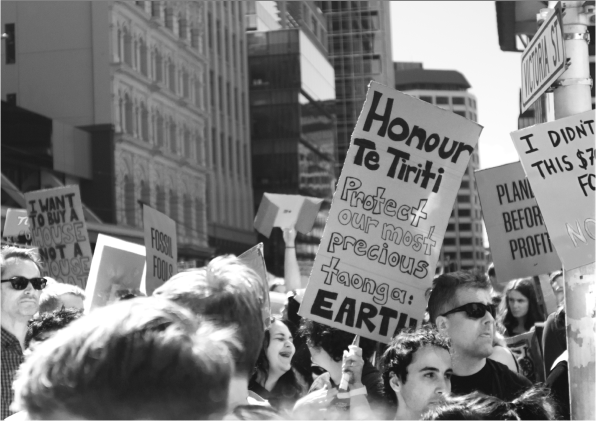
Charities are not-for-profit organisations with purposes such as reducing poverty, protecting the environment and advancing education, religion or health. In a modern democracy, the participation of charities in public policy dialogue and development goes hand-in-hand with their charitable works and should be seen as both desirable and essential.
In late 2018, the Government was ready to start a review of the Charities Act 2005, which was to be led by the Department of Internal Affairs (DIA). Its narrow scope, which sidelined a number of issues that were important to the sector, prompted 12 philanthropic organisations and 4 companies to fund Dave Henderson (representing Trust Democracy) and Sue Barker to independently engage the sector.
Three initial sector workshops in Auckland, Wellington and Christchurch helped frame:
- A survey that had over 650 respondents
- Two issues papers (8 pages and 80 pages)
- A presentation that was delivered to more than 1,200 people at 30 events.
Link to Slides:
https://philanthropy.org.nz//www/wp-content/uploads/2019/08/Charities-Review-PNZ-Aug-2019.pptx
The sector’s independent process had significant impacts. Originally, the DIA planned to hold its consultation over Christmas 2018/19 and planned only 5 community engagement meetings. It planned to have an amendment bill introduced into Parliament in 2019 with a view to legislation being passed before the 2020 general election. Pressure from the sector resulted in the process being delayed and lengthened. Dave and Sue ended up presenting at the DIA’s 23 community engagement meetings as well as at 7 events organised by other organisations. Over half the 363 submissions included material from the sector process.
The DIA had a very narrow focus for the review, largely because they appeared to consider the current settings “about right”. The initial scope of the review focused on increasing the regulatory powers of Charity Services. However, it appears that the focus has been widened and that another round of consultation on an ‘exposure draft bill’ will be undertaken in 2020.
Although this would be a significant improvement, it should be noted that about two-thirds of submitters sought an independent review (for example, by the Law Commission) and nearly all asked for the scope of the review to be widened to consider whether Charities Services and the Charities Registration Board should be restructured into a single independent entity.


